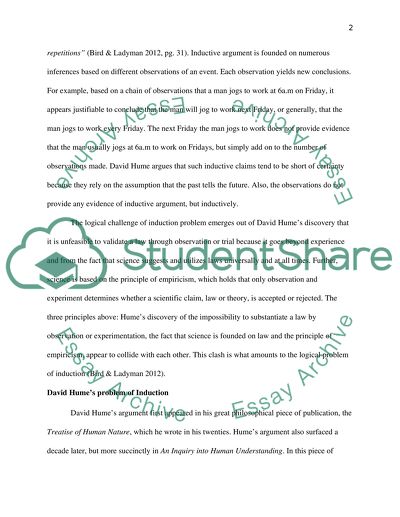Cite this document
(“What challenge does the problem of induction raise for the status of Essay”, n.d.)
What challenge does the problem of induction raise for the status of Essay. Retrieved from https://studentshare.org/philosophy/1473119-what-challenge-does-the-problem-of-induction-raise
What challenge does the problem of induction raise for the status of Essay. Retrieved from https://studentshare.org/philosophy/1473119-what-challenge-does-the-problem-of-induction-raise
(What Challenge Does the Problem of Induction Raise for the Status of Essay)
What Challenge Does the Problem of Induction Raise for the Status of Essay. https://studentshare.org/philosophy/1473119-what-challenge-does-the-problem-of-induction-raise.
What Challenge Does the Problem of Induction Raise for the Status of Essay. https://studentshare.org/philosophy/1473119-what-challenge-does-the-problem-of-induction-raise.
“What Challenge Does the Problem of Induction Raise for the Status of Essay”, n.d. https://studentshare.org/philosophy/1473119-what-challenge-does-the-problem-of-induction-raise.


